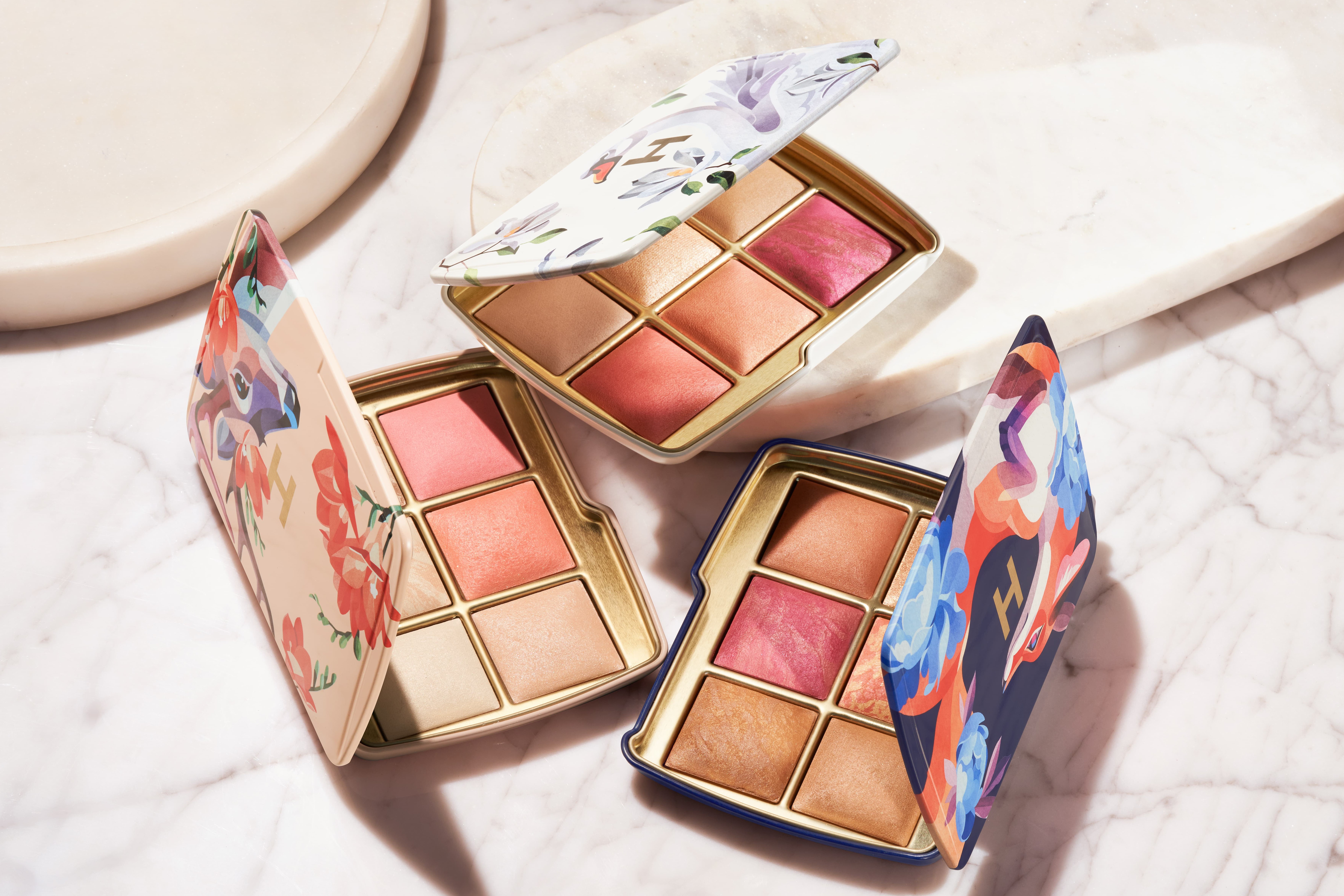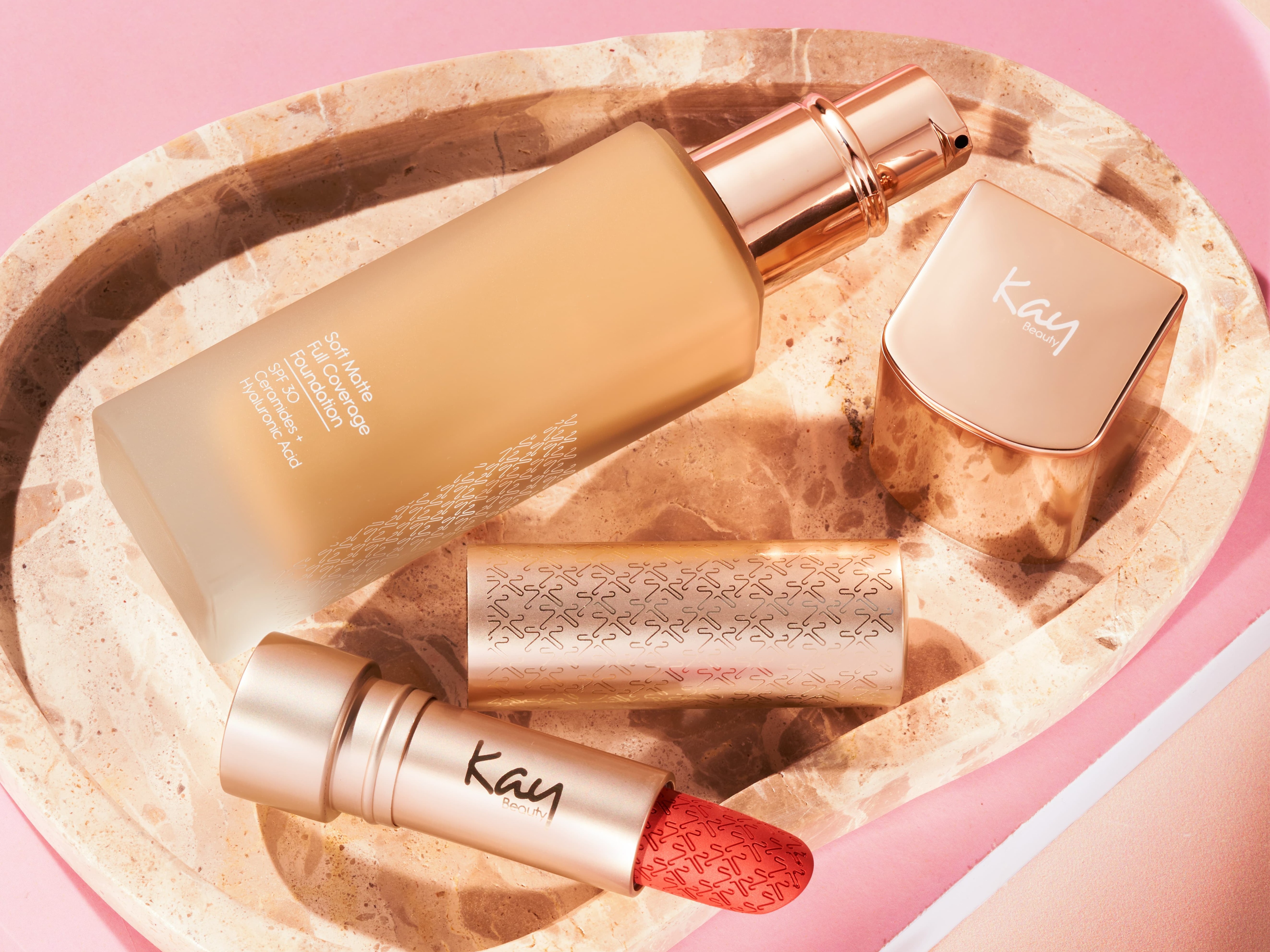
From uplifting eucalyptus to stress-busting frankincense and calming lavender, we unearth the natural benefits of plants and the potent properties of essential oils that can be used around the clock to help assist your mind, body and skin’s changing needs.
What it’s all about
The term aromatherapy was first coined in 1937 by French perfumer and chemist René-Maurice Gattefossé in a book entitled Gattefossé’s Aromatherapy, in which he explored how the medicinal application of essential oils helps the holistic healing of the body, mind and skin. Traditionally, essential oils had only been revered for their perfumery properties but thanks to Gattefossé’s research, aromatherapy became a commonly accepted skill to enhance both physical and emotional wellbeing.
Why to use them
“Essential oils have a huge range of benefits, from the physical to the emotional”, explains Aromatherapy Associates aromatherapy expert and IFA registered tutor Anne Murray. Occurring naturally as chemical compounds created within plants, essential oils work to protect against bacteria, viruses, fungi and insect attack. Once extracted, essential oils are small enough in structure to penetrate the skin and can be carefully blended with carrier oils to safely and effectively deliver similar benefits for people. These compounds are also highly fragrant and trigger our emotional responses, so it stands to reason that inhaling or diffusing essential oils can encourage the release of neurochemicals that can change our mood.
Which ones to use
Throughout the day each and every one of us goes through a variety of emotions, from feeling sluggish and slow in the morning to frantic come midday, right through to anxious and unable to sleep by evening. But how can aromatherapy help? Each essential oil has its own therapeutic benefit and can be used to target specific concerns.
Sleepy and in need of an energy surge?
Citrus oils, such as orange, grapefruit and lemon are uplifting, invigorating and work to reawaken the senses.
Feeling sensitive?
Look for skincare products featuring rose otto, neroli and ylang ylang. These oils are also a good go-to for redressing hormonal imbalances.
Stressed and suffering from a breakout?
You need antibacterial, healing oils such as tea tree, geranium and clary sage, which will calm oily, blemished skin.
Irritable and in need of a good night’s sleep?
A calming blend of lavender, chamomile, bergamot and frankincense will help to soothe both the mind and body.
How to use them
When it comes to skincare purposes, Anne advises blending essential oils with a carrier such as a vegetable oil or hydrolat (flower water). Your skin will also benefit from using face and body oils containing essential oils to nourish, soften, calm and balance. Application, such as massage, of skincare products can increase the efficacy of essentials oils and there are certain areas of the body that are more receptive than others. For the most potent results try applying aromatherapeutic skincare to the neck, forehead, temples, chest, abdomen, arms, legs and the bottoms of feet.
Inhaling or diffusing oils can be really effective in altering our emotional status; simply place a few drops of essential oils into a tissue or the palms of your hands and cup around the nose as you breathe deeply. Rub a few drops of oil onto hot radiators, mix into a warm bath. Lighting a relaxing aromatherapy infused candle is another joyful way to create a calming atmosphere at home.
Do’s and Don’ts
DO dilute oils when applying to skin; we recommended one drop of essential oil to three drops of carrier oil.
DO check the shelf life. Individual oils vary, but most pure, undiluted essential oils will stay active for at least a year. Once essential oils are mixed with vegetable carrier oils the shelf life of the blend will be around six months – beyond that time they will gradually become less active and their aroma will begin to deteriorate.
DON’T use essential oils in the first 12 weeks of pregnancy, and avoid wormwood, rue, French and Spanish lavender, camphor, parsley seed, clary sage and hyssop throughout.
DON’T use essential oils around the eyes and ears and broken or damaged skin that might become irritated.





.jpg)















